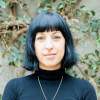
Nerea González — Affected by a mitochondrial disease and a member of AEPMI
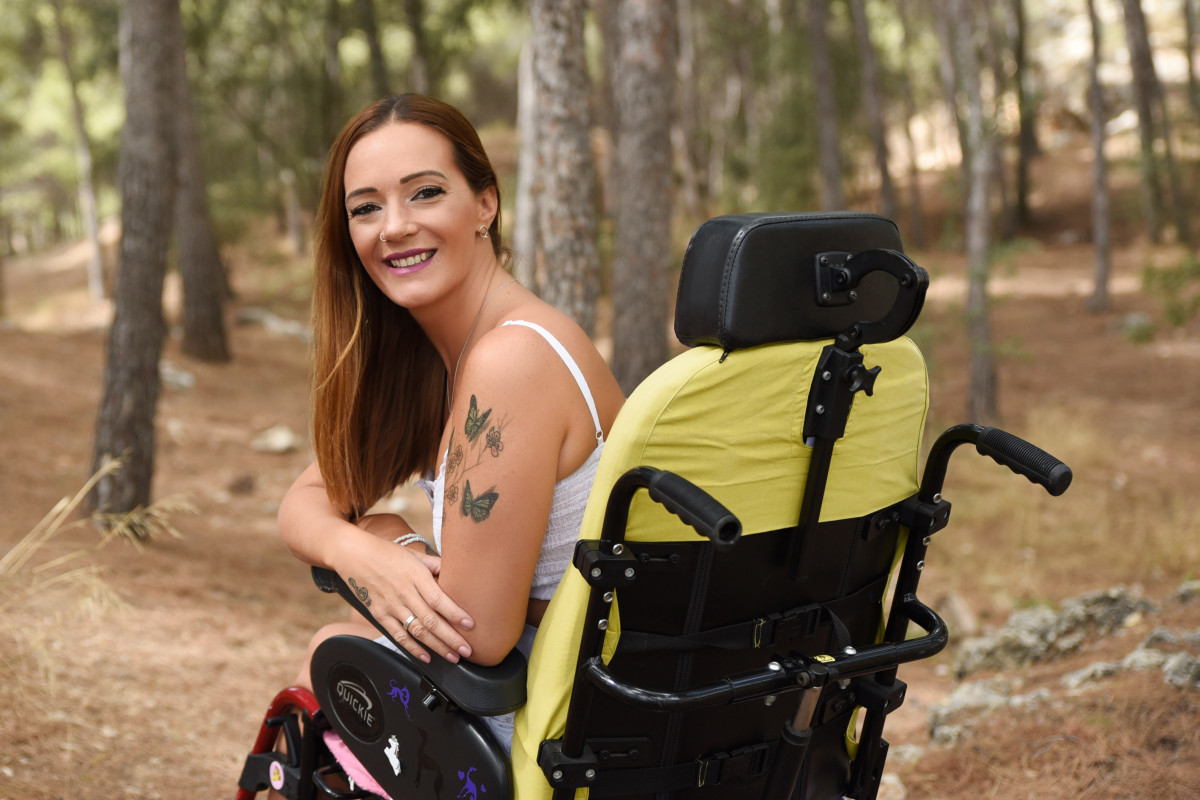
Nerea González defines herself as a "Mito Warrior," a fighter who refuses to surrender to adversity. And she knows a lot about adversity. One of the conditions she suffers from is Coenzyme Q10 deficiency, affecting complexes I and III of the mitochondrial respiratory chain. This rare genetic disease, which damages the mitochondria, has a substantial impact on her quality of life.
Mitochondria, essential cell organelles tasked with generating energy, play a crucial role in ensuring the proper functioning of the human body. Unfortunately, Nerea's mitochondria do not produce sufficient energy, leading to debilitating symptoms such as fatigue, muscle weakness, pain, or cardiac issues. Consequently, Nerea has a movement disorder. Thus, she needs to use an electric wheelchair for mobility. "I also have another rare disease that we don't know if the mitochondrial disorder caused it: a tertiary adrenal insufficiency of hypothalamic origin that causes many endocrine problems. But doctors cannot tell which came first, the chicken or the egg", she explains. "The symptoms started at age 14, but I wasn't diagnosed until I was 29, with all that entails."
Innovative preclinical research: organoid-based investigations
Nerea is a member of the Board of Directors of AEPMI, the Spanish Association of Patients with Mitochondrial Disorders, which is part of the Share4Rare ecosystem. The primary goal of this association is to enhance the quality of life for affected individuals and their families through research. In December, Nerea took part in our podcast La Ciencia de lo Singular (only available in Spanish) to shed light on an intriguing project developed at the University Pablo de Olavide in Seville (Spain), specifically within a research group at the Andalusian Center for Developmental Biology (CABD).
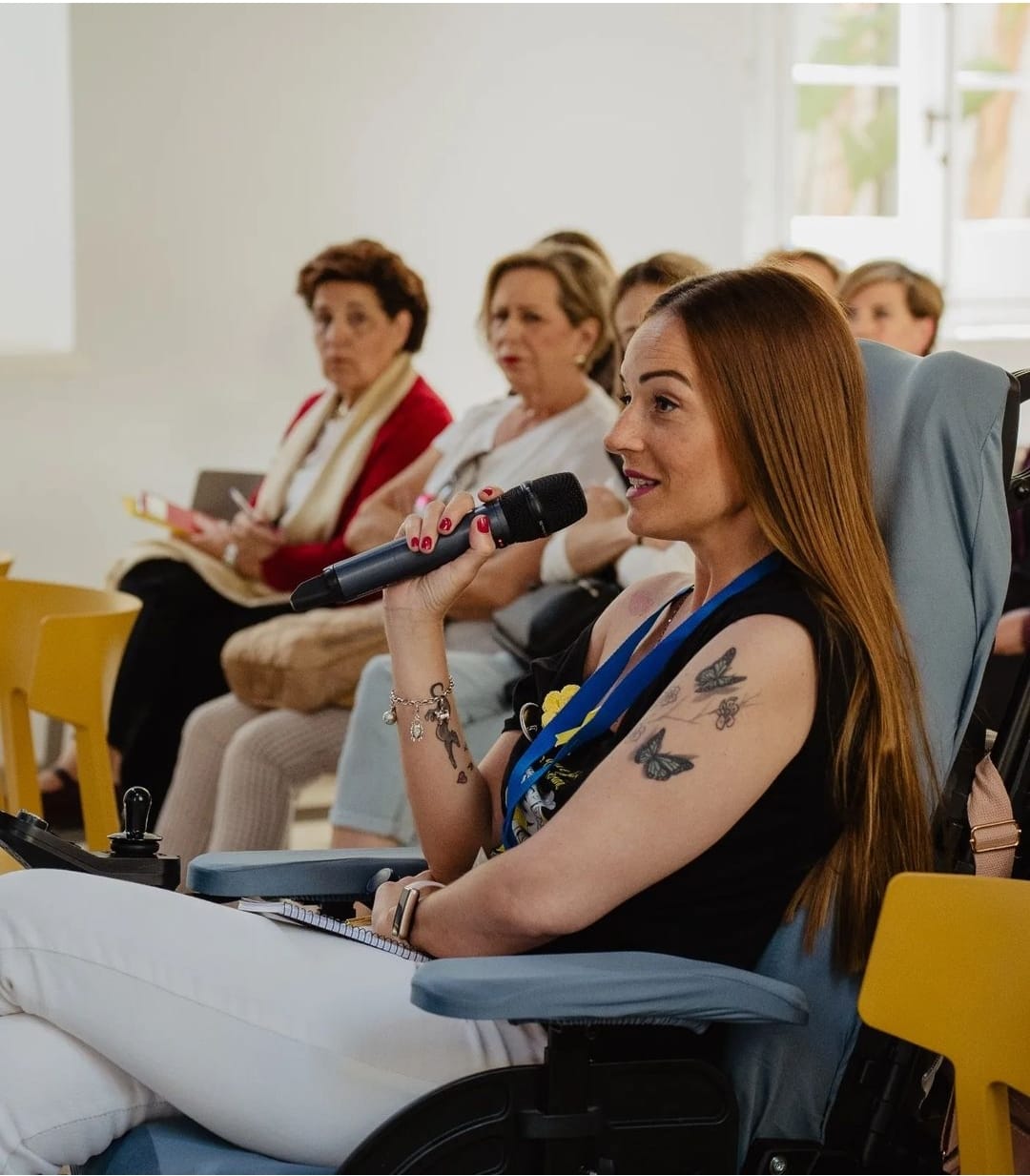
"At AEPMI, we have always been closely connected to the work developed at the University Pablo de Olavide, where special attention is given to mitochondrial diseases. They have our full support. Specifically, we maintain close contact with the researcher Carlos Santos. We consider ourselves lucky because he is very close to patients and is always willing to collaborate with us in everything we ask of him," recounts Nerea.
The latest advances from Carlos Santos' group are promising. Nerea says: "I have this Coenzyme Q10 deficiency, and they are currently conducting experiments specifically related to this condition using organoids, which is quite fascinating. The prospect of developing precision medicine that is so personalised gives me hope that someday we may attain treatments that can effectively manage the disease somehow".
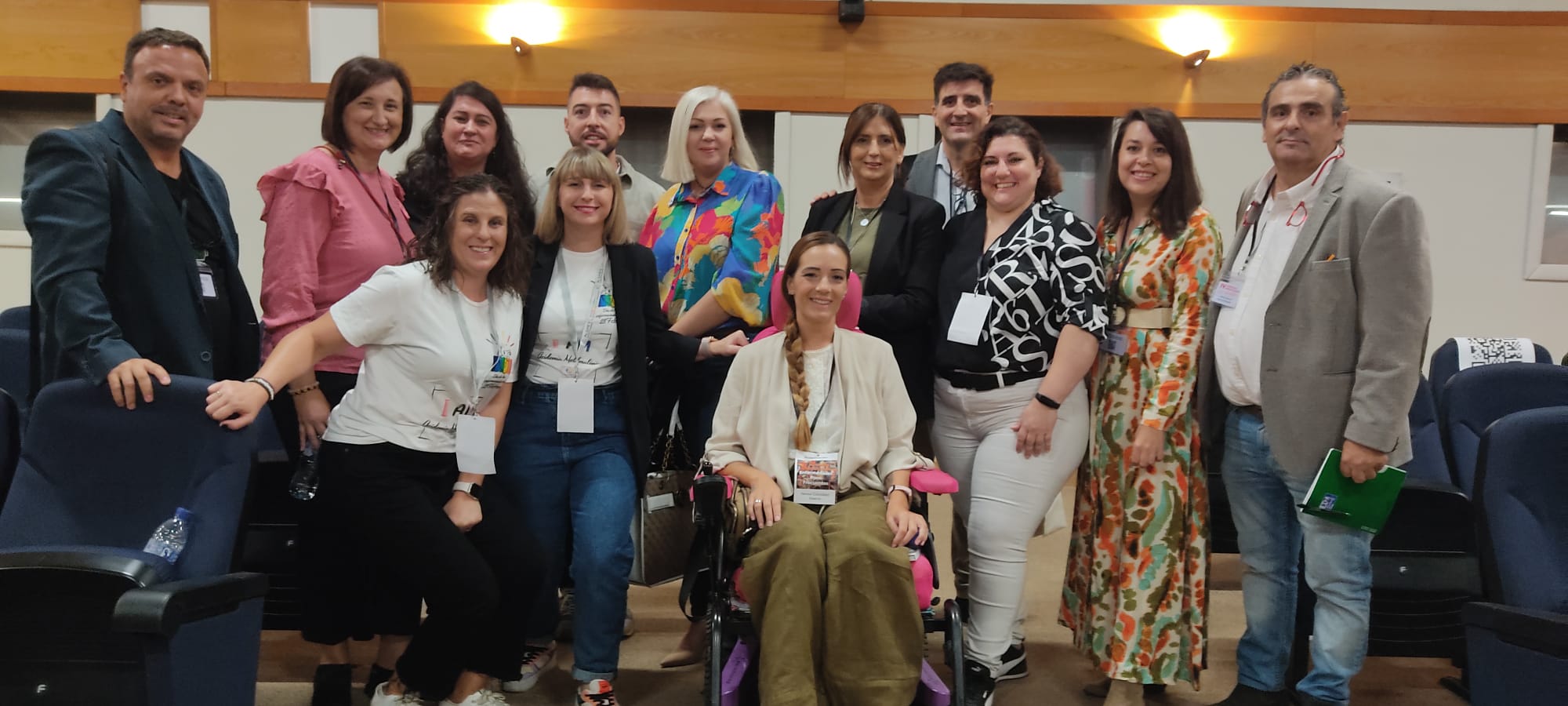
Carlos explained to us in the same podcast that he is using organoids derived directly from the cells of patients like Nerea. These cells are modified to form complex cellular aggregates that adopt the functions and characteristics of an organ. Such models present advantages over animal and cellular models, as they do not present ethical implications and closely resemble the cell, tissue, or organ under study. Carlos uses brain organoids to accelerate the diagnosis of several rare diseases, including Nerea's, to test therapies and to comprehend at what point the genetic defect begins to manifest during embryonic development.
Raising awareness about rare diseases
"It is essential for patients to empower themselves. I consider myself an empowered patient. And she has every reason to feel that way. In addition to being highly active in AEPMI, Nerea is a member of ADISEN, an association that brings together patients with endocrine disorders, and ASPAYM Málaga, a non-governmental organisation that supports individuals with physical disabilities. Here, she receives physical and psychological therapy. Nerea is also part of ADAEC, the Spanish Association of Women Affected by Endometriosis. Quite a list! "In Málaga, my city, we advocate for our rights through the Málaga Accesible platform. I do everything I can to give a voice to people with disabilities, those in need of assistance, and those with rare diseases."
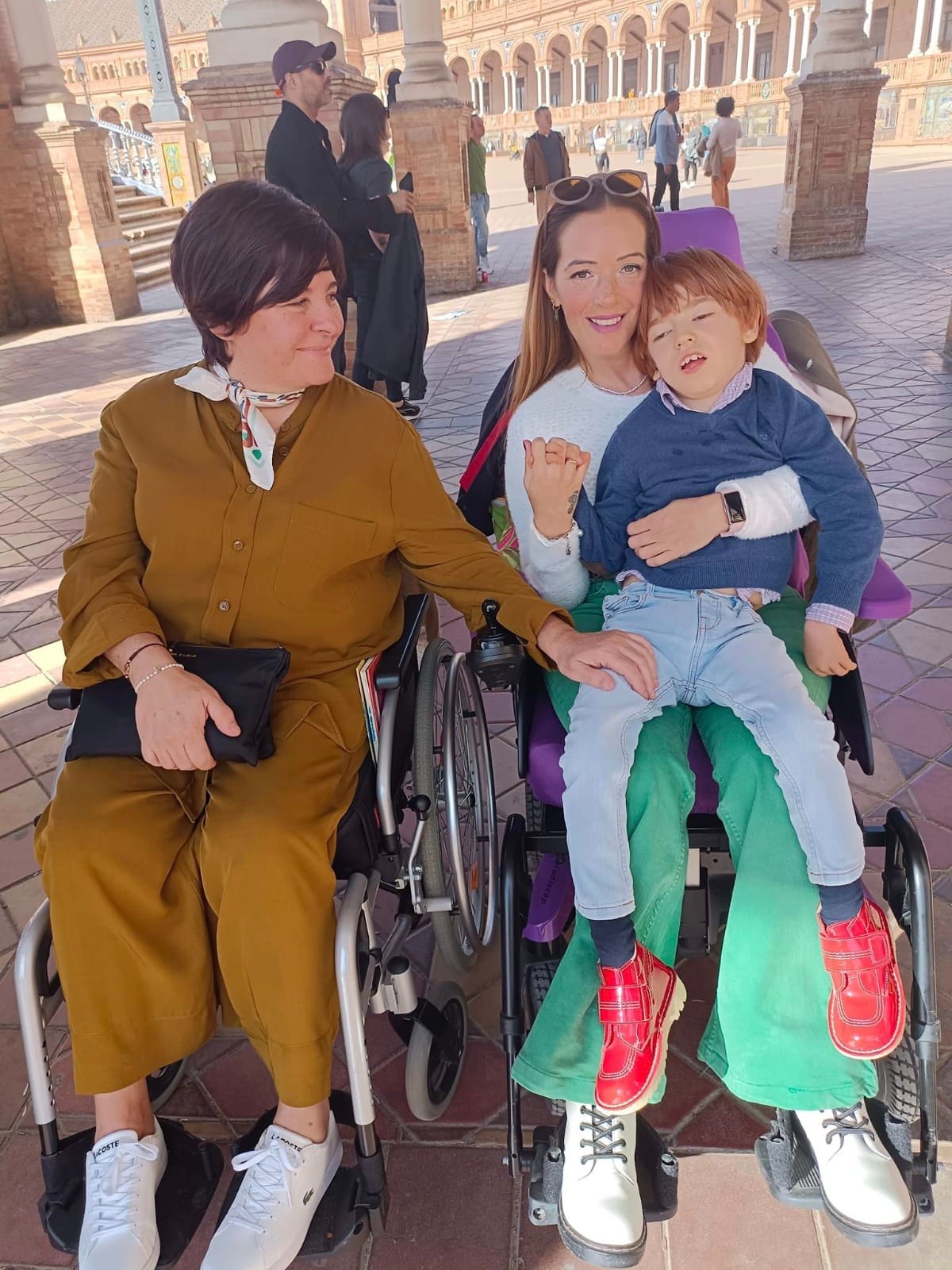
Nerea also emphasises the importance of physiotherapy and rehabilitation in the case of neuromuscular diseases. She has experienced it firsthand and has evidence to validate its impact. On her YouTube channel, she published a video showcasing her progress through the rehabilitation work undertaken with professionals from ASPAYM Málaga from 2014 to 2020. Undoubtedly, physical therapy is crucial for enhancing the prognosis and quality of life for individuals with such pathologies.
Lastly, Nerea proudly speaks of her "Mitofamily" because, as we well know, in the world of rare diseases, unity is strength. "In AEPMI, we all work together. Despite the challenging journey, at least we support each other. We are not alone."
